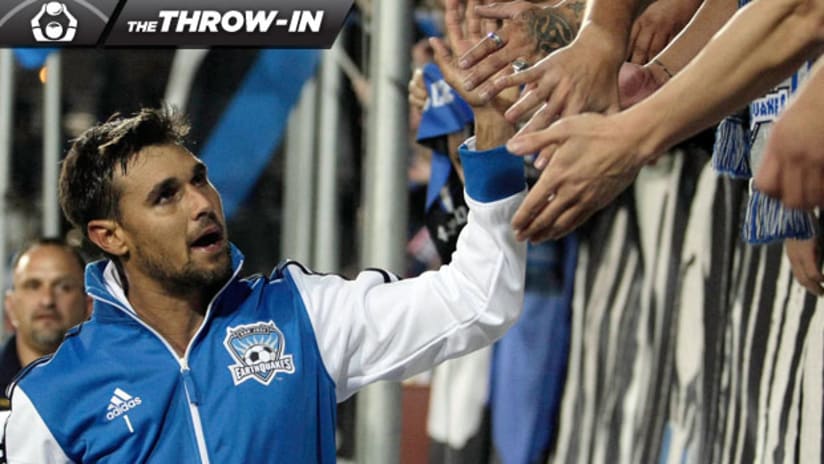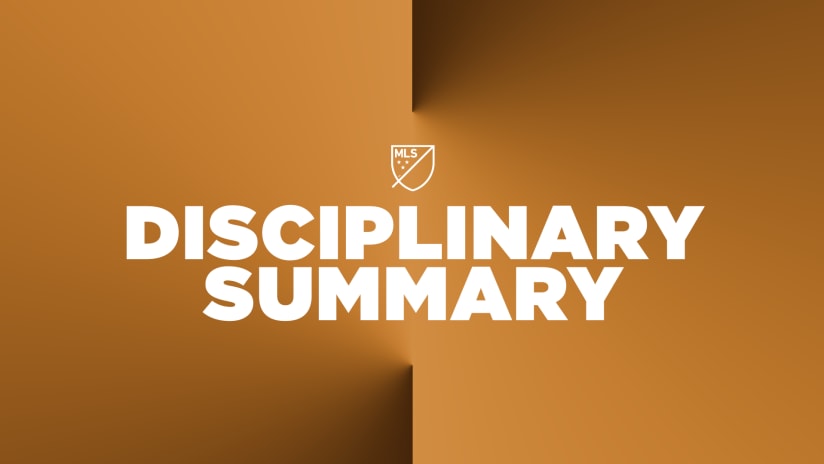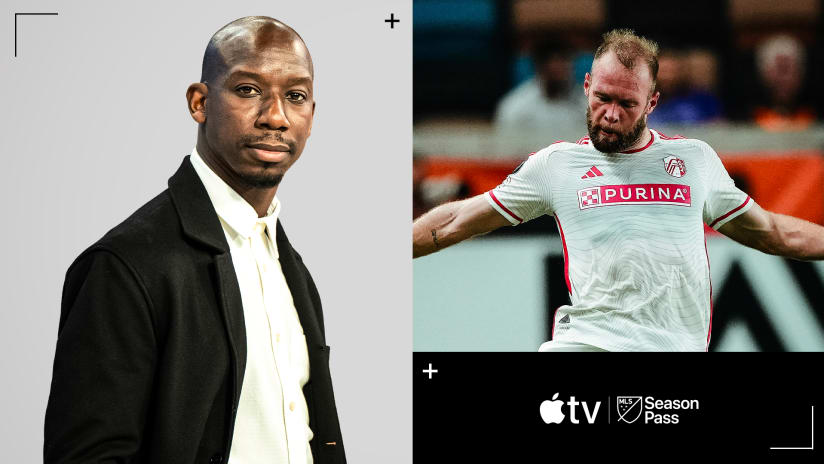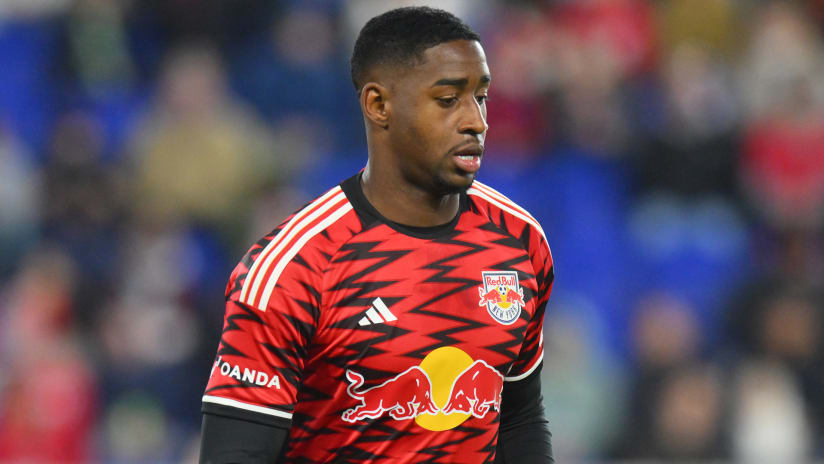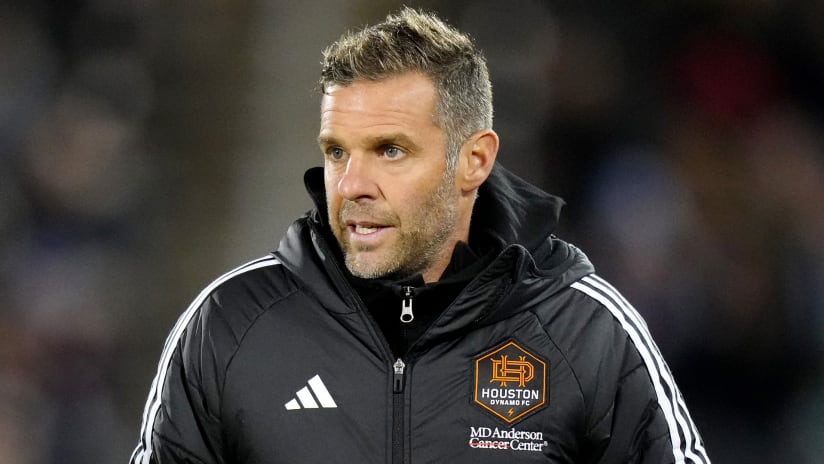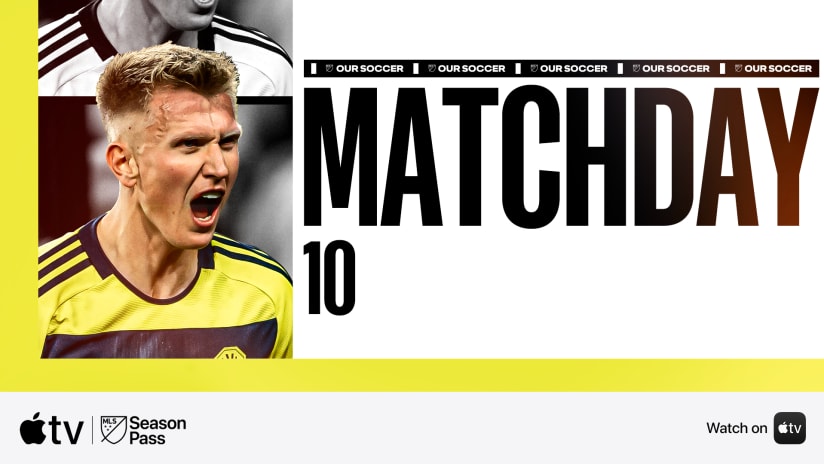The San Jose Earthquakes are making a mega-big deal of Thursday night’s unveiling of their new logo and new uniforms. Should you care if you don’t live in the Bay Area?
It’s a valid question. But if you’re a fan of MLS, you know by now that something as simple as changing a look doesn’t end with the aesthetic. Almost every club with a history dating back to the founding of the league has updated its image with a bigger goal in mind.
When FC Dallas left “Burn” behind after 2004, they said farewell to years of playing in a half-empty Cotton Bowl.
When Red Bull took over the MetroStars in 2006, it brought the club into a big-money era, into its own soccer stadium and into a level of expectations that, really, have only just begun to be reached with a first major trophy.
When the LA Galaxy ditched the gold-and-green in 2007, it coincided with the arrival of a player who changed the face and direction of the entire league.
And in perhaps the best analogy, when the Kansas City Wizards in late 2010 jettisoned a name that screamed MLS 1.0, they altered the entire profile, culture and destiny of a club that had changed very little in its previous 15 years.
That’s the common theme among all these clubs. A rebrand isn’t just a fresh look and a slew of shiny new shirts to sell (though, let’s be honest, that’s a marketing force all its own). It’s another step away from the past of MLS, and the days of uncertainty, financial insolvency and nightly prayers that the league would live to see another year.
That’s why you should care about the Quakes’ rebrand. As they change their look significantly for the first time in 15 years, they’re not just giving a knowing wink to a past that dates back to the NASL – they’re planting their flag in the future of the league.
This rebrand is fancy window dressing ahead of 2015, when the team will open its home stadium at long last. For Quakes fans, that’s a triumph at every level. It’s the completion of a quest that dates literally back to 1996 and through the failures of multiple ownership groups that couldn’t get the job done.
It’s the final farewell to a painful episode that saw the only instance of an MLS team relocating. And it closes the door on the days of playing in the glorified bandbox of Spartan Stadium and the cute but not-good-enough Buck Shaw Stadium, Northern California’s answer to CommunityAmerica Ballpark.
But where does this fit in the grand scheme of things? Where does this chart in under the league’s grander plans to expansion and global resonance and big-time relevance? Does it move MLS along in its quest to be among the best?
It does. But it’s a check in a box on a long list of challenges to meet. Perhaps more important than the upcoming TV deal is that fact that not every MLS club plays in its own home yet. But we’re getting closer.
By 2015, all but two current teams will play in dedicated stadiums, and that puts even more pressure on those who aren’t. D.C. United aren’t quite there yet, and that plan needs to be locked down. New England’s fan base, meanwhile, is starving to see its team in a smaller, more urban venue. (And personally, I’d love to see a stylist take a fresh eye to one of two MLS crests that literally have not changed since Day 1.)
Orlando City will build their permanent home, while New York City FC still have a lot to figure out and questions to answer as they keep talking about “a home, not just a place to play.” I’m eager to see how both turn out.
But it’s not just about building temples. Many teams need to figure out their own issues, from attendance to market penetration to youth development to simple management culture. And like every other team, San Jose still have plenty more work to do beyond Thursday night and next season.
So it’s obviously not as simple as a rebrand. But if anything, the Quakes are showing us they can solve a problem that has been dogging them their entire existence. And they can look boldly into the future – while embracing parts of their past.
Check the box. Now on to the next item on the list.
Jonah Freedman is the managing editor of MLSsoccer.com.

